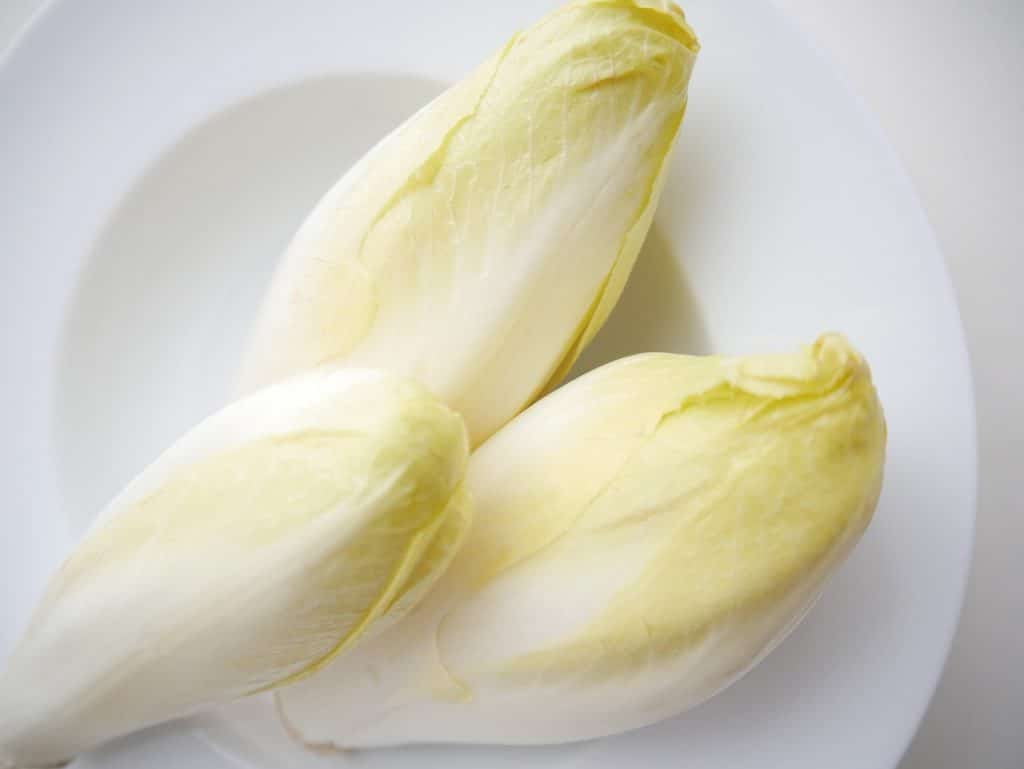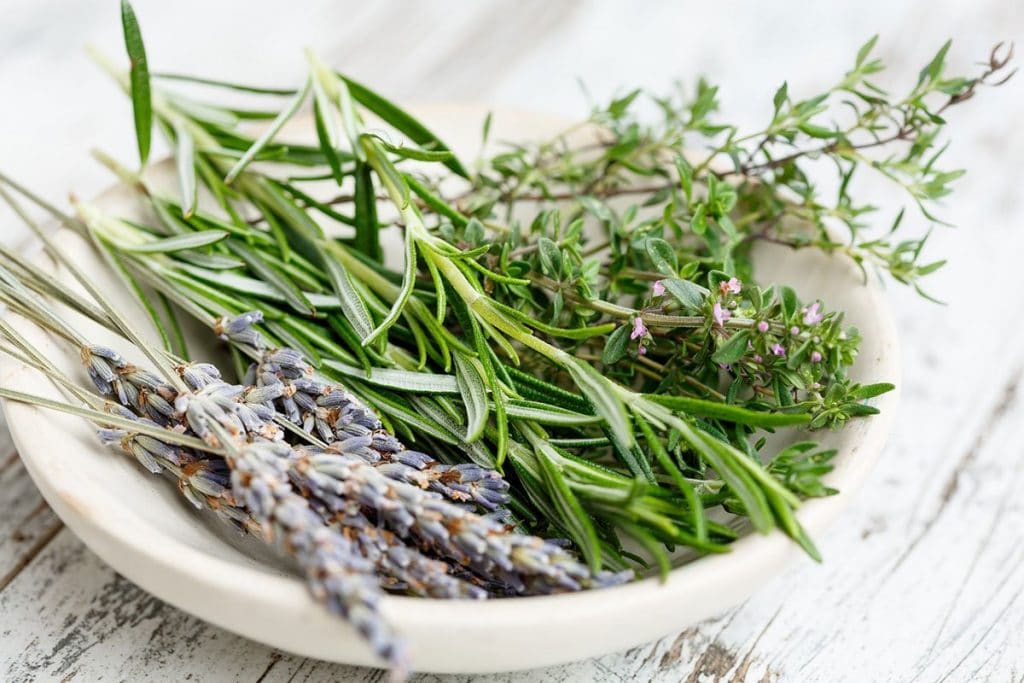No one likes digestion troubles, myself included. But the digestive system can certainly have other plans, as we have all experienced from time to time or even every single day. While there’s no one step to take to immediately fix your digestive health, you can do some little things to help it along, so today, we’re going to look at one of those little things: chicory.
With a woody stem and bright flowers, chicory is found in Germany, France and the Netherlands. It contains many vitamins, including C and E, along with zinc, potassium, manganese, iron and calcium, and also the natural polysaccharide inulin. It’s the inulin that may be why chicory is believed to offer digestive health benefits.
One study that was published in the British Journal of Nutrition found that inulin improved the levels of beneficial bacteria in the gut (https://www.cambridge.org/core/journals/british-journal-of-nutrition/article/effect-of-inulin-on-the-human-gut-microbiota-stimulation-of-bifidobacterium-adolescentis-and-faecalibacterium-prausnitzii/B5897AC48DE5977ABA96D98D1A52B8A9/core-reader). In that study, 12 volunteers took 10 grams of inulin for 16 days, while a control group did not take any. When the researchers compared the feces from the two groups, they found that the inulin group had a significant boost in the beneficial B. adolescentis bacteria.
Another study in the International Journal of Food Sciences and Nutrition found that inulin derived from chicory helped ease constipation, which is a major problem in the US (https://www.tandfonline.com/doi/full/10.1080/09637486.2016.1212819). Volunteers in that study who took the supplement had significantly increased bowel moments when compared to the group that received a placebo.
It’s easy to get more chicory into your daily diet because it’s widely available in many forms. It can be used in your salads or added to your coffee–some people even use it as a coffee substitute because it has a similar taste but does not contain any caffeine. It can also be boiled, with the roots, buds and leaves–known as endive–being eaten like any other vegetable. Since there are many different chicory products available on the market today, do some searching before you decide which forms to try. You may just find you love it in your salad or prefer to add it to your coffee.
Keep in mind that if you are pregnant, currently breastfeeding or planning to become pregnant, you should not consume chicory because it can cause muscle contractions that can stimulate menstruation. If you have any allergy or other concerns about chicory, speak to your doctor before you use it.




